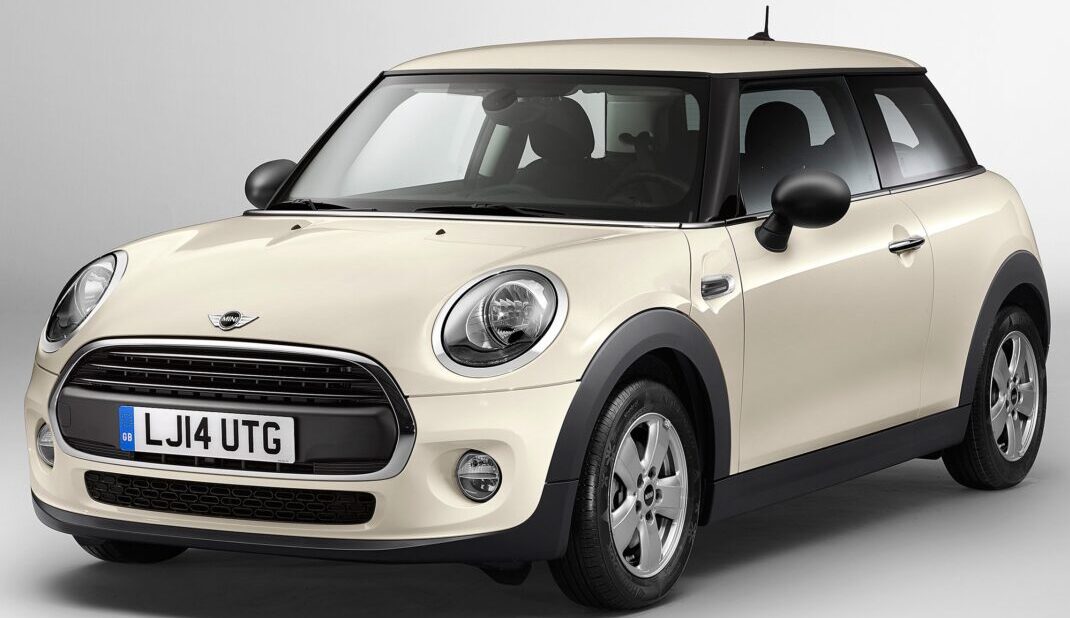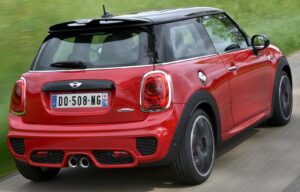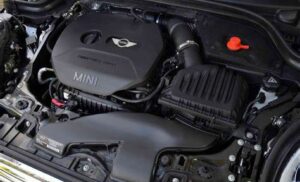Mini Cooper F56 used car review
1. Models
2. History
4. On the road
5. Engine
Models
Mini Cooper F56 used car review.
Mini Cooper: This is the base model of the Mini Cooper F56 series. It typically comes with a gasoline or diesel engine of moderate power. It features the classic Mini design and is popular for its performance-to-price ratio.
Mini Cooper S: The Mini Cooper S model is a sportier version with a more powerful gasoline engine. It offers enhanced performance compared to the standard Mini Cooper, appealing to those seeking a more dynamic driving experience.
Mini John Cooper Works: The Mini JCW represents the highest-performance variant within the F56 range. It features a tuned-up engine, sport-tuned suspension, and upgraded brakes. The JCW is designed for enthusiasts looking for maximum power and agility in a compact package.
History
The Mini Cooper F56 was introduced in 2013 as part of the third generation of Mini models under BMW ownership. This generation represented a significant evolution in the Mini lineup, focusing on a balance of modern technology, improved performance, and iconic design elements.
Compared to its predecessor, the Mini Cooper F56 featured updated styling with a more mature and refined look while retaining the classic Mini characteristics such as the distinctive round headlights and compact dimensions. The F56 was also built on a new platform, providing better handling dynamics and increased interior space compared to earlier models.
Under the hood, the Mini Cooper F56 offered a range of efficient and turbocharged engines, emphasizing a blend of performance and fuel economy. The introduction of new engine technologies and enhancements to the chassis contributed to a more engaging driving experience.
Throughout its production run, the Mini Cooper F56 received various updates and special editions, showcasing BMW’s commitment to continuously improving the Mini brand. It remained a popular choice for urban commuters and driving enthusiasts alike, known for its agile handling and customizable options.
What to look for
Engine Condition: Check for signs of any indications of oil leaks, especially on turbocharged models. Ensure the engine starts smoothly and idles consistently.
Transmission Health: Test drive the car to assess the gearbox’s performance, particularly for manual transmissions to ensure smooth shifting without grinding or slipping.
Suspension and Handling: Pay attention to how the Mini Cooper F56 handles bumps and corners during the test drive. Look for any unusual noises or vibrations that could indicate suspension issues.
Electrical Components: Test all electronics including lights, infotainment system, and power windows to ensure they function properly without glitches.
Body and Interior: Inspect the overall condition of the bodywork for signs of rust or damage. Check the interior for wear and tear on seats, dashboard, and trim pieces.
Service History: Review the vehicle’s service records to understand its maintenance history and any recurring issues that may need attention.
Tires and Brakes: Examine the condition of the tires and brake pads/discs to determine if they will need replacement soon.
On the road
The Mini Cooper F56 offers a spirited driving experience with its responsive handling and peppy engines. Its compact size and well-tuned suspension make it agile and enjoyable to drive, especially in urban environments.
The ride quality strikes a balance between sportiness and comfort, although it can be firmer in the sportier variants like the Cooper S and JCW.
On longer journeys, the Mini Cooper F56 remains comfortable and composed, with minimal road noise entering the cabin. The seats are supportive, although taller passengers might find rear legroom a bit tight due to its compact dimensions.
Engine
The Mini Cooper F56 offers a range of engine choices depending on the model variant:
Mini Cooper: Typically equipped with a 1.5-liter turbocharged three-cylinder engine producing around 134 horsepower.
Mini Cooper S: Features a more potent 2.0-liter turbocharged four-cylinder engine with outputs ranging from 189 to 208 horsepower depending on the model year.
Mini John Cooper Works (JCW): The high-performance JCW model boasts a tuned-up version of the 2.0-liter engine, delivering upwards of 228 horsepower for exhilarating performance.
These engines strike a balance between power and efficiency, offering spirited acceleration while maintaining decent fuel economy. The turbocharged nature of these engines provides ample low-end torque, making them responsive and enjoyable to drive both in city traffic and on winding roads.
Are you already a proud owner of a Mini Cooper F56? If so, check out our selection of parts for this car at the following link:
https://octoclassic.com/product-category/mini/f56
Photos sources: Paul Tan, BMW BLOG, bimmertoday.de











